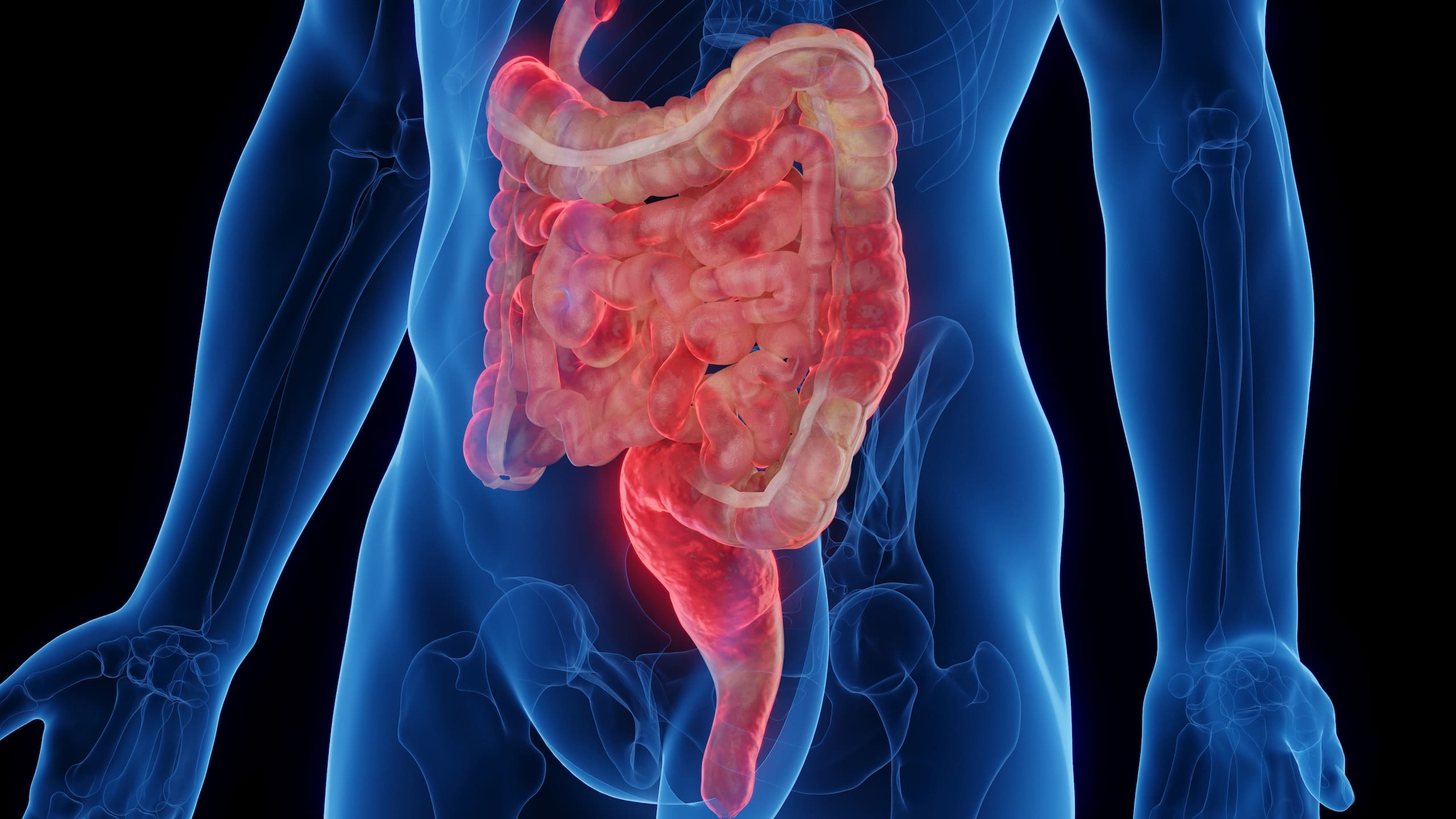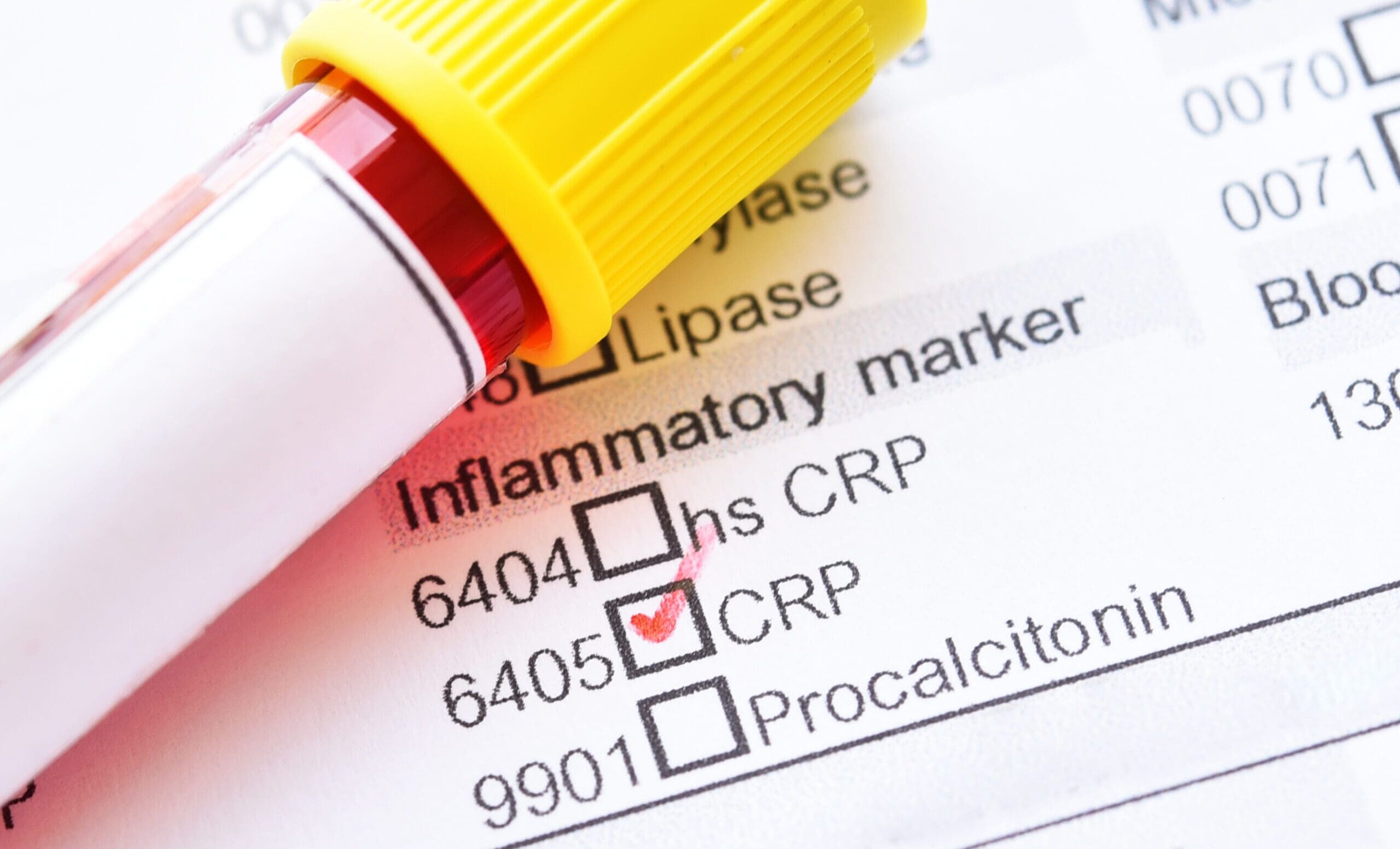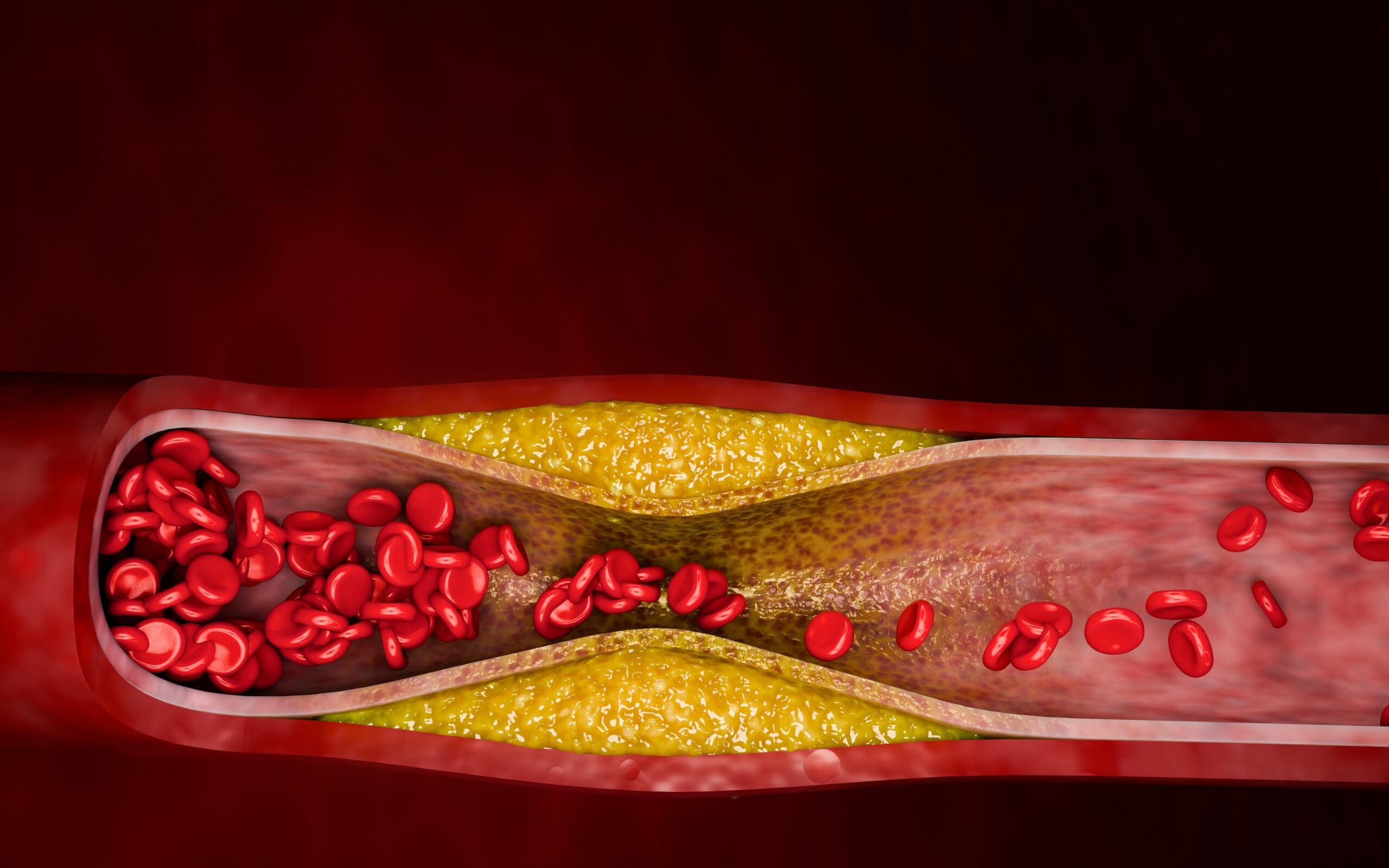Keep your child’s liver healthy
By naturopath Margaret Jasinska
Fatty liver was once a condition that only occurred in middle aged and older adults. In recent years it has become an epidemic in children. The longer a person has a fatty liver, the more harm is done. Young children who currently have a fatty liver are at risk of serious health problems in several decades. They are also at greater risk of hormone abnormalities related to puberty, learning difficulties and mood disorders. Looking after your child’s liver is critical.
The prevalence of fatty liver disease in children has more than doubled in the last 20 years in most parts of the world. It significantly increases the risk of type two diabetes, heart disease and strokes. Experts warn that many of today’s children will have a much shorter lifespan than their parents.
Excess fructose in the diet, as well as industrial seed oil high in linoleic acid are the biggest contributors to fatty liver. Harmful fats include soybean oil, canola oil, cottonseed oil, rice bran, sunflower and safflower oil, grapeseed oil and corn oil. These are all modern additions to the human diet, and result in excess inflammation, oxidation and free radical production in the body. Liver cells can become damaged by these fats.
Restricting fructose in the diet can help reverse fatty liver in children. A study published in the journal Gastroenterology found that after only 9 days of restricting fructose, the children with fatty liver experienced the following benefits:
- A reduction in liver fat
- Reduced overall body fat
- A reduction in the manufacture of fat by the liver
- Improved insulin sensitivity
All these benefits reduce a child’s future risk of type 2 diabetes, heart disease, cancer, dementia and stroke.
High fructose diets have become the new normal. There are small quantities present in fruit. There are very large quantities present in soft drinks, cookies, confectionary, chocolate and other highly processed snack food. Ordinary sugar that is present in these foods is a combination of fructose and glucose. Too much of either is unhealthy, but fructose is particularly harmful to the liver if consumed in large quantities. The problem is large quantities of sugar in the diet are typically seen as normal among children and teenagers. The tragic result is that fatty liver is becoming common in this population.
Fructose tells the liver to manufacture fat
Fructose is a type of sugar that promotes de novo lipogenesis in the liver. That means it instructs the liver to manufacture fat. The fat can get stored inside the liver, and also anywhere else on the body. Fructose is added to processed foods and drinks, and goes by many different names on food labels.
Fructose can also promote the overgrowth of harmful gut bugs which inflame the lining of the intestines. The resulting leaky gut allows intestinal waste to make its way to the liver, promoting cell damage and inflammation.
Reducing fructose intake is very effective at reversing fatty liver, but it can be difficult and take time. People with a fatty liver usually battle with severe sugar and carbohydrate cravings. They are also prone to unstable blood sugar, and may feel tired, weak and moody if they don’t eat carbs.
Dr Cabot has addressed all these problems in her book Fatty Liver: You Can Reverse It. Basing the diet on protein, natural fats and vegetables ensures your child is eating satiating foods. Many children eat unsatiating foods such as fruit, low fat yoghurt, fruit bars, crackers and noodles. Those foods can promote a massive glucose spike and then crash afterwards, causing extreme hunger and cravings, with resultant over eating.
Glutamine helps to heal a leaky gut and reduces the translocation of harmful gut microbes to the liver.
Reference: https://www.gastrojournal.org/article/S0016-5085(17)35685-8/fulltext









Leave A Comment